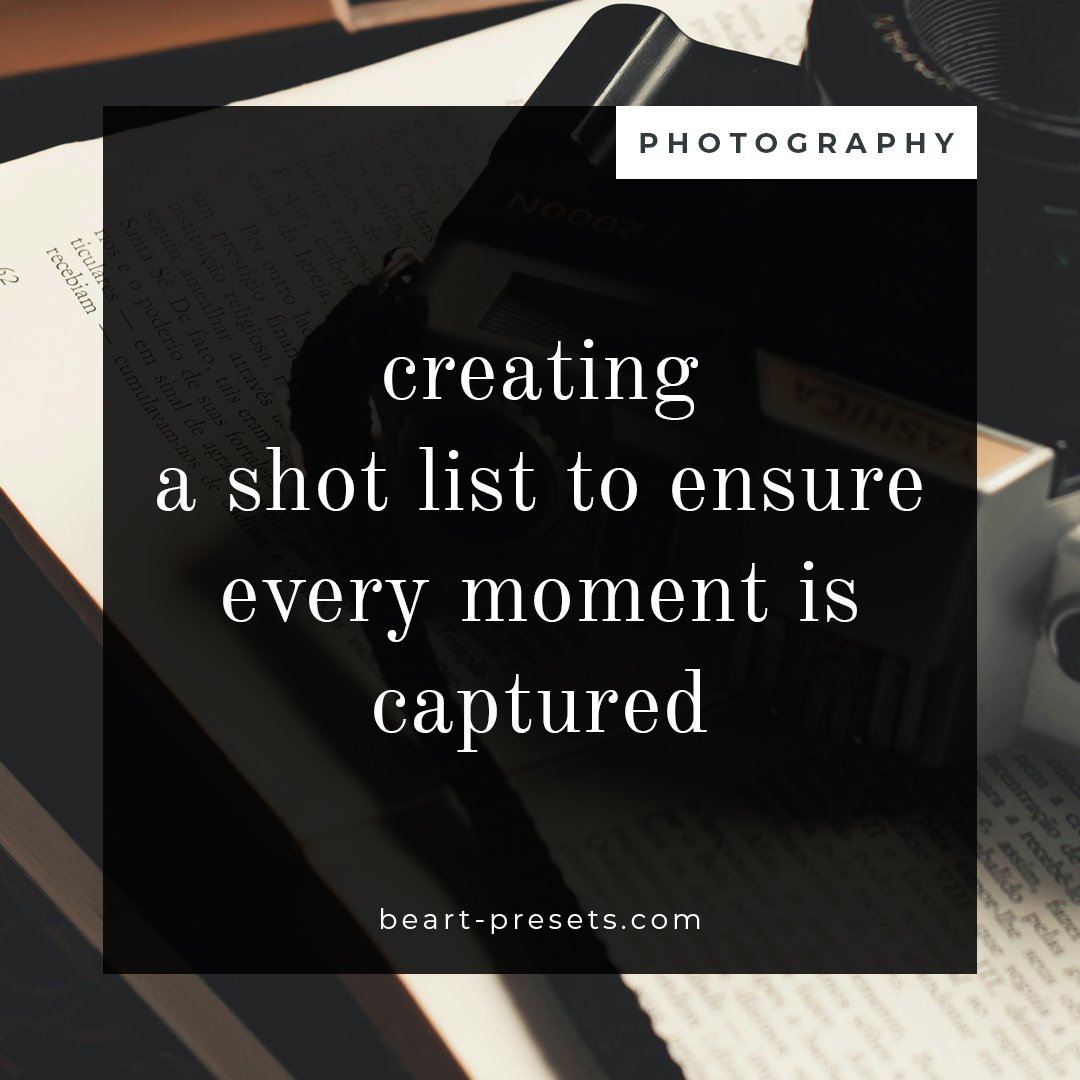Education for Photographers: Elevate Your Craft
Photography is more than just clicking a button. It's an art, a science, and a way to tell stories that go beyond words. Are you ready to take your photography game to the next level? There's a whole world of knowledge and possibilities waiting for you.
Whether you're just starting out, have some experience under your belt, or want to become a full-fledged pro, education is your key to unlocking those skills. Think of it as a super exciting toolkit with everything you need to make your photos stand out. Education won't just improve your technique; it will open up fantastic new worlds of creativity and help you find your unique style in the field. Let's get started!
1. The Value of Structure: Formal Education
Community colleges offer an accessible stepping stone into the diverse world of photography. Their courses are specifically designed to provide a well-rounded foundation, covering essential technical concepts, compositional principles, and even an introduction to editing basics. You can get helpful guidance and valuable critiques from instructors in a supportive and social environment. Besides, a coursework writing service can help you handle homework tasks if you have other commitments aside from learning. It makes pursuing higher education much easier.
Online platforms such as Coursera and Udemy bring flexibility to photographic education. Seek out either beginner-level courses for comprehensive overviews or specialized programs that tackle specific techniques. With readily available online options, learning fits naturally into any schedule.
2. Tailored Learning: Private Tutors & Guides
Private tutors serve as an excellent path for customized learning. Seek out instructors specializing in either broad skills or niche areas to match your personal goals. You will benefit from a tailored approach for troubleshooting problems, honing techniques, or getting that much-needed boost of focused critique.
Camera manufacturers understand the specifics of their own models best. They provide in-depth guides and video tutorials. Immerse yourself in this material to fully capitalize on your camera's potential and get a handle on all those intriguing functions and modes. These types of targeted resources complement theoretical knowledge with practical insights.
3. Finding Your Community: Collaborations and Support
Seek out photography-focused groups within your local community. These hubs facilitate collaboration and provide platforms for critique. Don't underestimate the power of connecting with like-minded people for creative growth. To find them, check:
Photography clubs and meetups;
Local social media groups;
Studio co-ops offering shared resources;
Volunteering opportunities with camera-related organizations;
Workshops with a collaborative element.
Building relationships with fellow photographers fosters accountability and can even open doors to unique shooting opportunities. Learning alongside one another adds an element of fellowship to the often solitary practice of photography.
4. Embracing Exploration: Finding Your Photographic Niche
Discovering your individual passion within photography will transform your learning journey. Community colleges boast a spectrum of courses — dip your toes into different approaches to find what speaks to you. Online platforms provide workshops and focused seminars tailored to specific areas of interest – explore as many as you'd like without long-term commitment. Manufacturer resources can provide insights into specialized lenses or equipment related to a particular niche.
Don't be afraid to experiment! Your unique eye and passion may lie in landscape photography, the candid intimacy of street scenes, meticulously crafted product images, or any myriad of options in between. Exploration hones your craft and leads to self-discovery as a photographer.
5. Turning Practice into Purpose: Project-Driven Learning
Self-initiated projects keep photographers motivated and offer opportunities for targeted skill-building. Define a personal concept you want to explore visually and break it down into actionable steps. This approach turns theory into real-world application. Project prompts can range from simple to highly personal and ambitious.
Engaging in project-based learning sharpens focus and keeps experimentation exciting. Committing to a series teaches organization and can reveal the strengths and weaknesses within your specific approach. Sharing your finished work creates a sense of accomplishment and builds resilience.
6. Staying Current: Lifelong Learning is Key
Photography is a field marked by constant change, both technologically and artistically. Staying ahead of the curve is crucial. Community colleges regularly host updated programs showcasing current trends and exploring cutting-edge tools. Keep tabs on their offerings for targeted opportunities. Online course platforms regularly introduce new content that can spark new directions in your creativity or push your technique to a new level.
The ongoing evolution of the medium ensures continued opportunities for creative and technical growth. Seek these out to maintain the relevance and cutting-edge nature of your work.
7. Nurturing Inspiration: Beyond Formal Routes
Inspiration for growth shouldn't be limited to textbooks and classrooms. Tap into the vibrant online world of photography through the following outlets:
Blogs and articles written by experienced photographers;
Dedicated websites providing instructional content;
Active forums and social media groups for shared learning;
Galleries featuring diverse exhibitions;
Books penned by influential figures in the field.
Engaging with the wider photographic community can ignite ideas, offer fresh perspectives, and provide motivation. Don't underestimate the power of immersion.
8. The Importance of Practice and Critique
Knowledge must be applied to transform into skill. Regularly engage in photographic projects, testing newly acquired techniques in the field. Then, seek out constructive feedback on your work through online communities, mentors, or collaborative workshops.
This feedback loop is indispensable on your journey. Openness to honest evaluation provides insights that fuel progress and push boundaries in ways mere study cannot. Photography is, in a way, about learning to truly 'see' – critique helps refine that crucial skill.
9. Growth as a Mindset: The Constant Pursuit
Beyond mastery of the camera lies the spirit of continual growth — the heart of any successful photographer. Seek lectures delving into artistic movements or photographic history. You can also broaden your understanding of image-making by consuming documentaries or films highlighting significant visual artists. Challenge your personal style with unique creative prompts or exercises.
With this hunger to discover, your own creativity and artistry will remain sharp, adaptable, and forever evolving. Embrace a love of learning to ensure your photography is always engaging, insightful, and moving forward.
Final Thoughts
The journey of a photographer is one of endless exploration, marked by constant learning and unfolding creative expression. It begins with mastering fundamental skills and discovering your unique artistic voice. Whether through structured courses, tailored guidance, or the vibrant online community, countless paths offer knowledge and growth. Remember, practice and honest evaluation are keys to translating concepts into captivating images. Let a relentless passion for learning fuel your photographic evolution, pushing your boundaries and ensuring a future where your work is as dynamic and engaging as the art form itself.
Get Free Presets for Lightroom created by top photographers to update your presets collection, save down on editing time, and open up new artistic horizons.

















